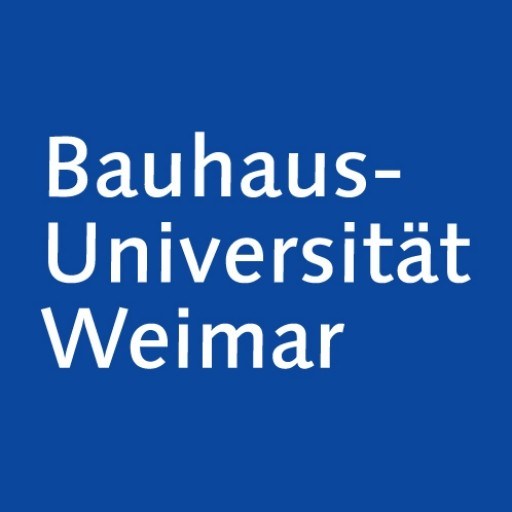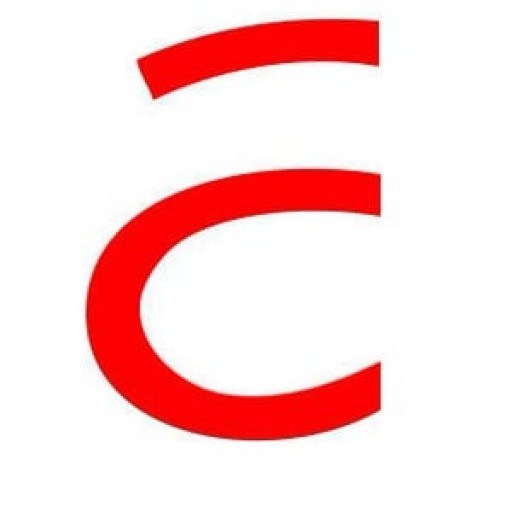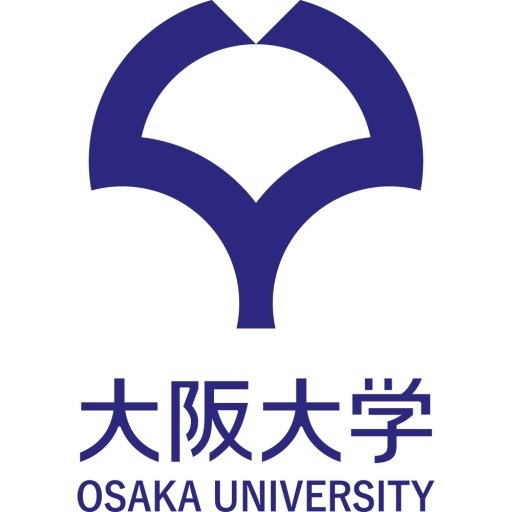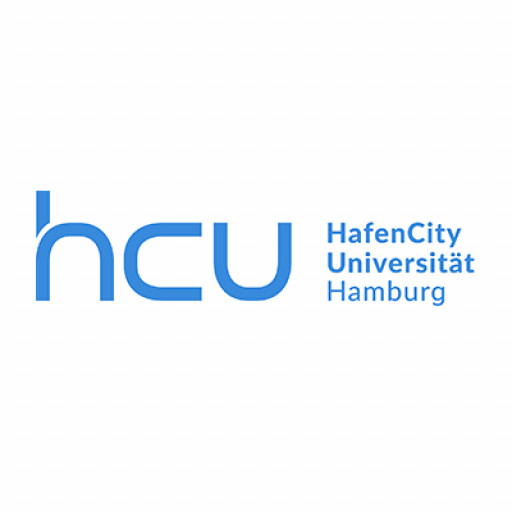Photos of university / #georgiatech
The Bachelor of Architecture (B.Arch.) program at Georgia Institute of Technology is a comprehensive and highly regarded undergraduate degree designed to prepare students for a successful career in architecture. Rooted in a tradition of academic excellence and innovative design, the program combines rigorous coursework, practical experience, and exposure to the latest advancements in architectural technology. Students are encouraged to develop their creative design skills, critical thinking, and technical proficiency through a variety of studio projects, lectures, and collaborative workshops. The curriculum emphasizes sustainable design principles, urban planning, structural systems, and building technology, ensuring graduates are well-equipped to address the complex challenges of modern architecture. Additionally, students have opportunities to engage in internships, research initiatives, and community projects, providing real-world experience and fostering professional growth. Georgia Tech’s strong emphasis on interdisciplinary learning allows students to collaborate with peers from engineering, planning, and environmental sciences, broadening their perspective and enhancing their design solutions. Equipped with state-of-the-art facilities, including digital fabrication labs and design studios, students have access to cutting-edge tools and resources to bring their ideas to life. The program culminates in a comprehensive design thesis, demonstrating mastery of architectural concepts and skills. Graduates of the B.Arch. program are prepared for licensure, advanced study, or entrepreneurial ventures in architecture, urban design, and related fields. With a focus on innovation, sustainability, and practicality, Georgia Tech’s Bachelor of Architecture program aims to shape future leaders in the built environment, committed to creating resilient, functional, and inspiring spaces for society.
| Wellness | ||
| APPH 1040 | Sci Foundation of Health | 2 |
| or APPH 1050 | Sci of Phys Act & Health | |
| Core A - Essential Skills | ||
| ENGL 1101 | English Composition I | 3 |
| ENGL 1102 | English Composition II | 3 |
| MATH 1552 | Integral Calculus | 4 |
| Core B - Institutional Options | ||
| CS 1301 | Intro to Computing | 3 |
| or CS 1315 | Intro Media Computation | |
| Core C - Humanities | ||
| Any HUM 1 | 6 | |
| Core D - Science, Math, & Technology | ||
| PHYS 2211 | Intro Physics I 2 | 4 |
| Lab Science | 4 | |
| MATH 1551 | Differential Calculus | 2 |
| MATH 1553 | Intro to Linear Algebra | 2 |
| Core E - Social Sciences | ||
| Select one of the following: | 3 | |
|
HIST 2111 |
United States to 1877 | |
|
HIST 2112 |
United States since 1877 | |
|
INTA 1200 |
American Government | |
|
POL 1101 |
Government of the U.S. | |
|
PUBP 3000 |
US Constitutional Issues | |
| ARCH 4126 | Paris Urban History | 3 |
| or HTS 3011 | City in American Hist | |
| Any SS | 6 | |
| Core F - Courses Related to Major | ||
| ARCH 1009 | Fundamentals Of Arch I | 4 |
| ARCH 1010 | Fundamentals Of Arch II | 4 |
| ARCH 1060 | Intro-Design & Built Env | 3 |
| ARCH 2011 | Arch Design Studio I 3 | 4 |
| ARCH 2111 | History of Arch I 3 | 3 |
| Major Requirements | ||
| ARCH 2012 | Arch Design Studio II | 4 |
| ARCH 2112 | History of Arch II | 3 |
| ARCH 2211 | Construction Tech I | 3 |
| ARCH 2472 | Arch Modeling & Media 2 | 3 |
| ARCH 2474 | Arch Modeling & Media 3 | 3 |
| ARCH 3231 | Environmental Systems I | 3 |
| ARCH 4251 | Structures I | 3 |
| ARCH 3404 | Arch Design Studio III | 4 |
| ARCH 3405 | Arch Design Studio IV | 4 |
| ARCH Electives | ||
| Any ARCH, BC, COA, CP, or ID 5 | 15 | |
| ARCH 4404 | Arch Design Studio V | 4 |
| ARCH 4405 | Arch Design Studio VI | 4 |
| Free Electives | ||
| Free Electives | 15 | |
| Total Credit Hours | 131 | |
Pass-fail only allowed for Free Electives.
| 1 |
No ARCH courses allowed. |
| 2 |
If PHYS 2231 is taken, excess hour applies to Free Electives. |
| 3 |
Minimum grade of C average required for ARCH 2011 and ARCH 2012. |
| 4 |
Minimum grade of C average required for ARCH 3011 and ARCH 3012. |
| 5 |
Limit 3 credit hours of ARCH undergraduate research. Excess apply to Free Electives. |
| 6 |
Students may also complete a 10 credit hour concentration approved by faculty. Please consult with your advisor on course selection. |
Requirements
- The non-refundable freshman application fee is $75 (international applicants: $85). Students who pay an application fee but do not submit an application will not have their fee refunded.
- Included with the Common Application and Georgia Tech Questions is one long essay and two short answer essays. The purpose of the essays is to assess your writing ability and, more importantly, to learn more about you as an individual. This portion of the application helps us get to know you, assess mutual fit and better understand what you could contribute to Georgia Tech.
- TOEFL or IELTS scores
- We will only accept one (1) recommendation from your counselor and one (1) from the teacher of your choice. Any additional recommendations will not be considered with your application.
- Interview
- The GPA we consider is the one taken directly from your high school transcript. We will use a 100 point GPA, if available, and weighted, if available. If not, we’re happy to consider a 4.0 GPA or similar and/or unweighted GPA.
- If your high school does not provide a GPA or you have attended multiple high schools, we will recalculate a weighted 4.0 GPA (0.5 points added for AP, IB, Dual Enrollment & AICE courses) using core courses only.
- To help us better understand your high school and its curriculum, your counselor will submit a School Report form and/or School Profile with your transcript.
- The University System of Georgia requires minimum academic courses of all first time students, though most applicants exceed those in at least one area. USG requirements include:
- English - 4 Units
- Math - 4 Units
- Science - 4 Units
- Social Science - 3 Units
- Foreign Language - 2 Units
The Georgia Institute of Technology offers comprehensive financing options for students enrolled in the Bachelor of Architecture (B.Arch) program. These options are designed to make education accessible and affordable for eligible students. Financial aid opportunities include federal and state grants, scholarships, work-study programs, and loans. The institution encourages prospective students to complete the Free Application for Federal Student Aid (FAFSA) to determine eligibility for federal need-based aid. Additionally, Georgia Tech provides a variety of merit-based scholarships specific to architecture students, which are awarded based on academic performance, portfolio review, and leadership qualities. Certain scholarships are renewable annually, provided the recipient maintains the required academic standards.
Students may also explore external funding sources such as private scholarships and grants offered by professional organizations related to architecture and design. The university’s financial aid office offers personalized counseling to help students navigate the application process and identify suitable funding avenues. For international students, financial assistance is more limited; however, some scholarships and private loans may be available. Georgia Tech also facilitates work opportunities on campus, allowing students to work part-time in positions related to their field or university activities, thereby reducing financial burdens.
The cost of attendance for the architecture program includes tuition and fees, housing, supplies, and other personal expenses. In-state and out-of-state tuition rates differ, with out-of-state students paying higher fees. The university provides an estimated cost of attendance each academic year, which is available on its official website. To support students financially, Georgia Tech offers payment plans that allow families to divide the total tuition fee into manageable installments over the semester or academic year. Moreover, students are encouraged to start their financial planning early to optimize available resources and reduce borrowing needs.
In conclusion, Georgia Tech’s approach to financing studies emphasizes accessibility through a combination of federal aid, institutional scholarships, work-study programs, and external funding sources. The university’s robust support services aim to assist students in securing financial resources, understanding their options, and managing their educational expenses effectively.
The Bachelor of Science in Architecture at the Georgia Institute of Technology is a comprehensive program designed to prepare students for professional careers in architecture and related fields. The curriculum integrates foundational principles of design, theory, history, and technology, emphasizing sustainable and innovative practices. Students engage in a combination of studio projects, technical courses, and liberal arts to develop their creative and analytical skills. The program emphasizes hands-on learning through state-of-the-art facilities, including design studios, fabrication labs, and digital modeling environments, providing students with the tools necessary to succeed in a competitive industry.
Georgia Tech's architecture program encourages an interdisciplinary approach, fostering collaboration with departments such as civil engineering, environmental design, and urban planning. This approach enables students to understand the broader context of architectural projects, including sustainability, environmental impact, and community engagement. The program prepares students to address complex design challenges and to develop innovative solutions that are environmentally responsible and culturally relevant.
The faculty comprises experienced professionals and scholars dedicated to mentoring students and advancing architectural research. Students participate in various design competitions, internships, and collaborative projects, gaining practical experience and industry connections. The program also offers opportunities for study abroad, internships, and participation in research initiatives, enriching the educational experience and broadening students’ professional perspective.
Graduates of the program are well-equipped to pursue careers in architecture firms, urban planning organizations, construction management, or further graduate education. The Department of Architecture at Georgia Tech maintains strong ties with the industry, supporting students through career services and networking events. Overall, the program combines rigorous academic coursework with practical training, nurturing innovative, ethical, and socially responsible architects ready to contribute positively to the built environment.










